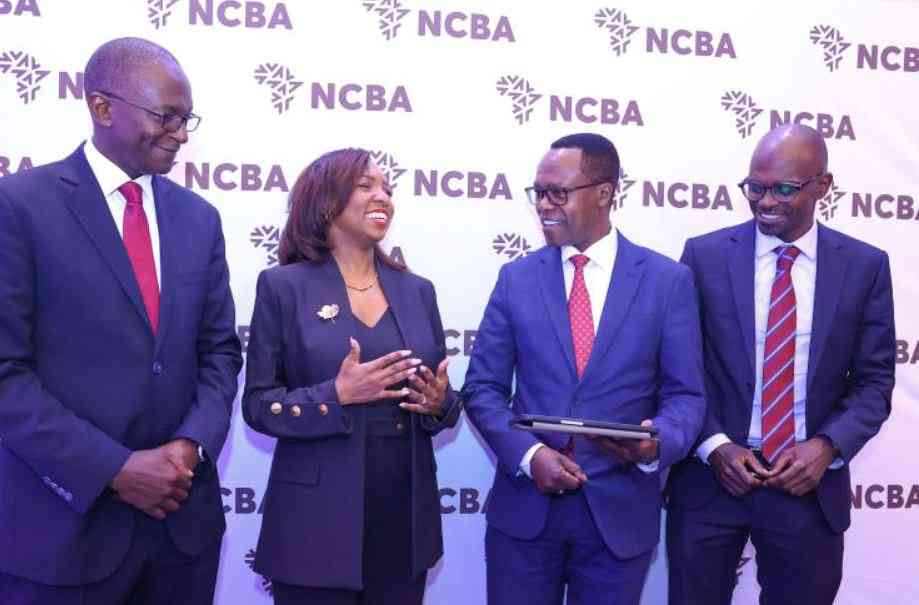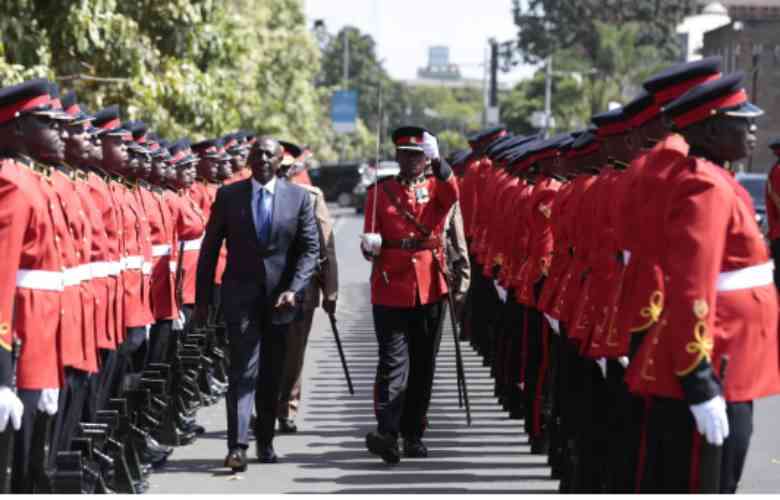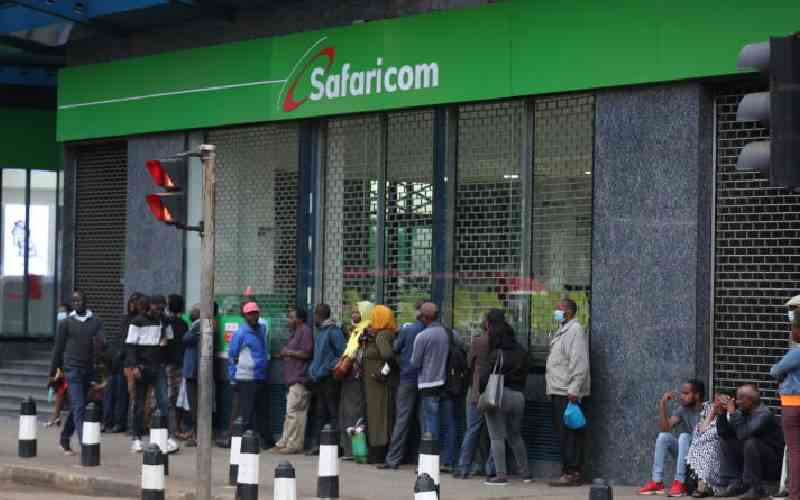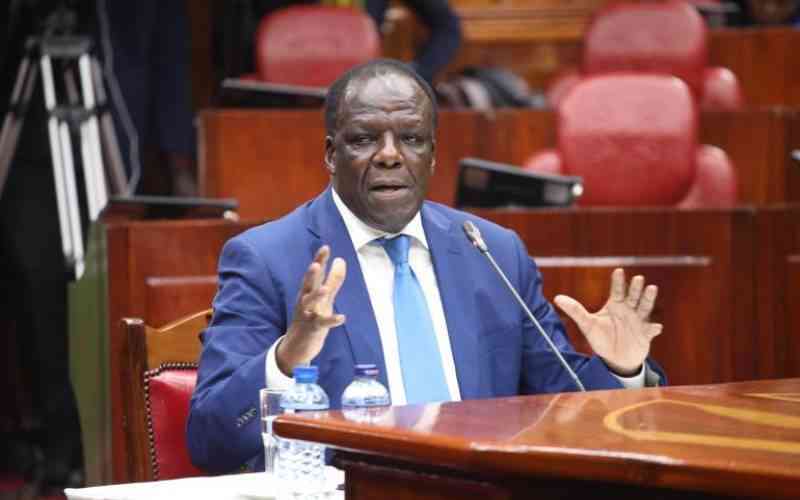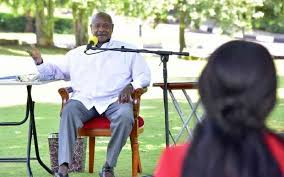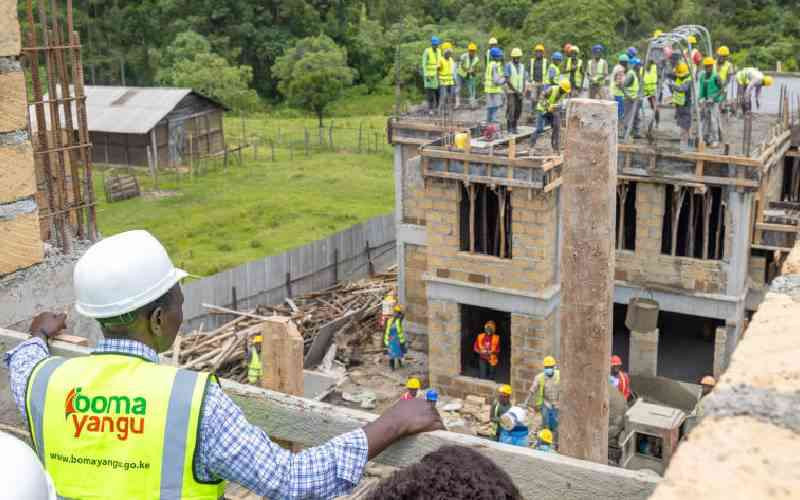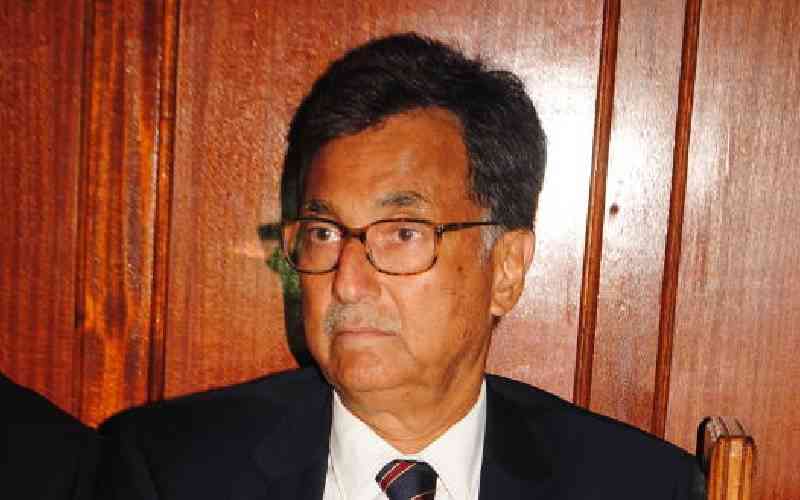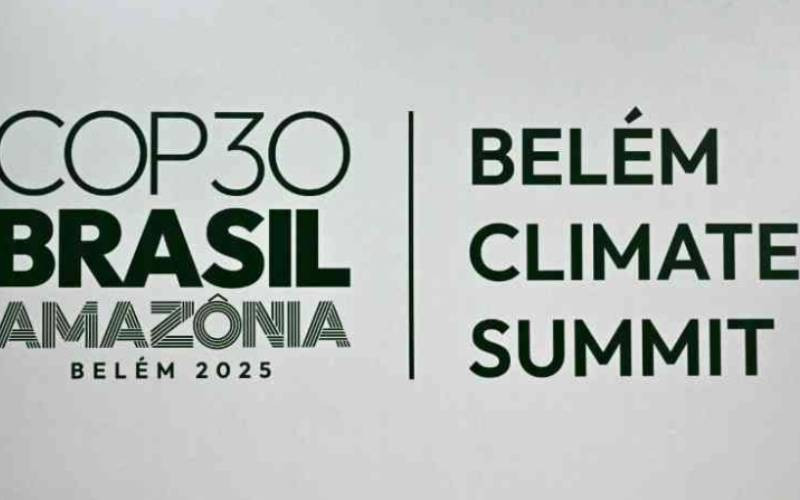
African civil society groups warn they will reject any COP30 deal that forces the continent to pay for a crisis it did not create, issuing a seven-point ultimatum as the United Nations climate summit enters its final days.
The Pan-African Climate Justice Alliance (PACJA), representing non-state actors across the continent, demands wealthy nations deliver on finance pledges while protecting African economies from punitive carbon taxes and rushed fossil fuel phaseouts.
"Africa did not create the climate crisis. COP30 must ensure Africa does not pay three times: first through climate impacts, second through unfair or underfunded global responses and thirdly through continued exploitative appropriations of Africa's critical minerals and forest resources for advancing an alien transition agenda," the coalition stated in its position document released Thursday, November 20.
The intervention comes as negotiations in Belém reach a critical juncture over how to scale international climate finance from the $300 billion agreed at last year's COP29 in Baku to the $1.3 trillion target by 2035.
African negotiators face what the coalition describes as structural vulnerabilities: the highest exposure to climate impacts, the lowest emissions contribution, limited fiscal space and huge gaps in adaptation funding and energy access.
The coalition rejects any deal that would expose African economies to the negative effects of global climate actions such as Carbon Border Adjustment Mechanisms, rapid phaseout rules or shifting industrial standards without adequate support.
"A fair, sequenced or differentiated, and well-financed phaseout roadmap aligned with Africa's development needs" ranks among the coalition's core demands.
The groups also call for recognition of Africa's right to transitional energy solutions, including time-bound natural gas use aligned with Paris Agreement goals.
On finance, the coalition backs a legally mandated Belém Work Programme requiring developed countries to provide predictable public finance, primarily through grants and concessional lending, with annual reporting and accountability mechanisms.
They propose establishing a "Belém Facility for Access and Implementation" to strengthen national institutions and project pipelines while demanding adaptation finance more than triple by 2030.
The position paper calls for a fully capitalised Fund for Responding to Loss and Damage with new and additional resources drawn from public sources.
Gender equality features prominently in the demands, with the coalition criticising the marginal integration of women's concerns across climate finance and loss and damage frameworks.
They call for adequate and accessible funding for African women-led organisations and meaningful participation in decision-making beyond token roles.
The summit in Brazil's Amazon region has drawn more than 25,000 participants to an accompanying People's Summit, with a climate justice march attracting 70,000 people earlier this week.
Stay informed. Subscribe to our newsletter
